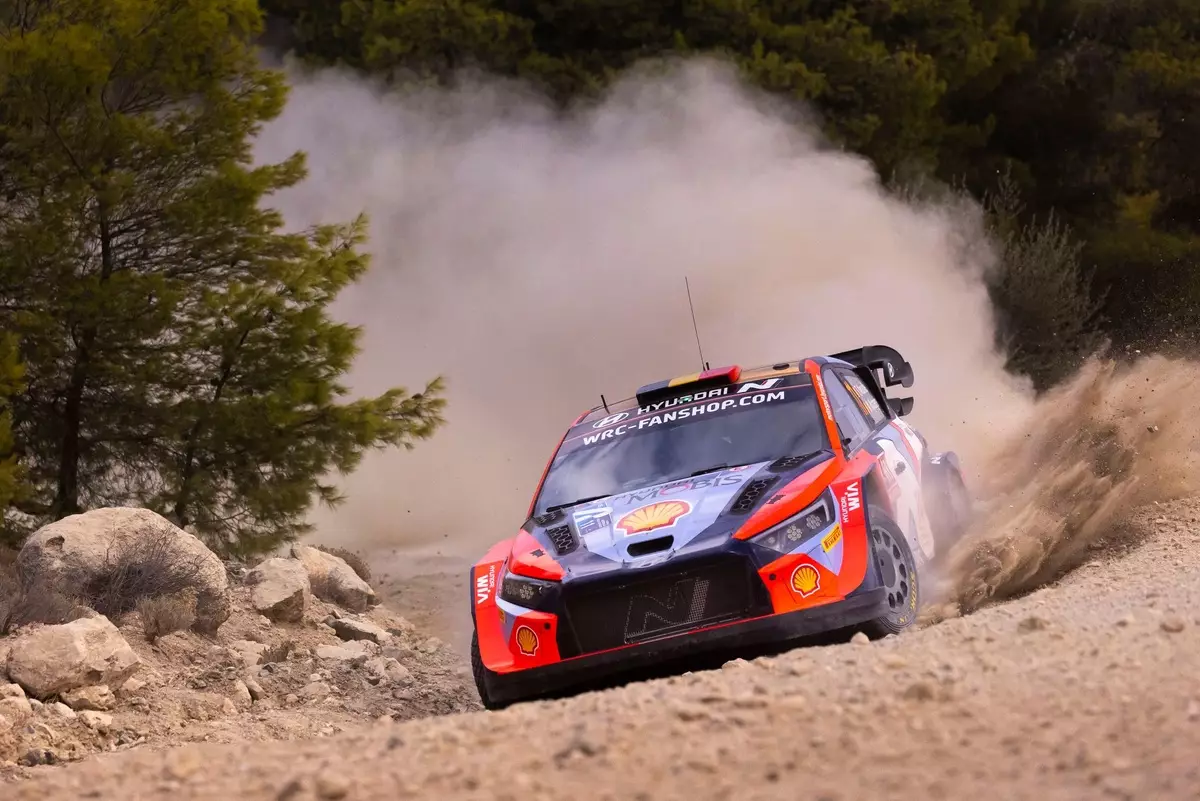In a watershed moment for the World Rally Championship (WRC), the FIA has confirmed that from 2025, the Rally1 category will revert to exclusive use of internal combustion engines, marking the end of the hybrid units that had been an integral part of the competition since 2022. The decision, reached after extensive discussions and prevailing cost concerns, reflects the championship’s pragmatic approach to evolving motorsport regulations and economic viability. With a clear focus on maintaining the sport’s competitive edge, the WRC appears determined to enhance its identity by prioritizing traditional fuel sources over hybrid technology.
The pivot away from hybrid technology can be attributed to the escalating costs associated with maintaining these sophisticated systems. Initially introduced to bolster performance and lower emissions, the plug-in hybrid system, while innovative, became a financial burden as operational guidelines from Compact Dynamics— the supplier—required extensive repairs for units facing severe shock errors. Such requirements drastically increased the logistical and budgetary demands on teams, particularly smaller non-factory teams like M-Sport, which expressed serious apprehension about sustaining their competitive presence under these new conditions.
With mounting economic pressures and the reality that these systems were no longer practical, the WRC management decided it was in the best interest of the sport to revert to a cost-effective strategy prioritizing simpler internal combustion engines, enabling teams to focus resources on other aspects of their operations.
FIA’s Chief Technical and Safety Officer, Xavier Mestelan-Pinon, emphasized that this change is not merely a retreat from hybrid technologies but rather a strategic realignment. By eliminating hybrids, the WRC can pour its efforts into revamping regulations for 2027 and beyond. This willingness to adapt while ensuring that the sport remains engaging showcases the WRC’s ongoing commitment to not only the integrity of motorsport but also to addressing the environmental concerns tied to modern racing. The use of 100% sustainable fuel remains a pivotal part of WRC’s framework, ensuring that while traditional combustion engines return, their impact on the planet is significantly mitigated.
To ensure that the upcoming Rally1 cars maintain their competitive performance and efficiency, notable adjustments are being made. The minimum weight of the Rally1 cars will see a substantial decrease from 1260kg to 1180kg, and further modifications to the air restrictor sizes indicate a comprehensive re-calibration of performance metrics. These adjustments are designed to ensure that the transition back to conventional engines does not diminish the thrilling spectacle that fans have come to expect from rallying.
The decision to phase out hybrid systems echoes a broader narrative within motorsport that continually balances innovation with tradition. The WRC’s shift away from hybrids represents a careful evaluation of the sport’s needs, affirming that while technology can push boundaries, it must also fit the financial and practical realities faced by teams. As the championship looks towards 2027 and beyond, it emphasizes an agility of spirit: adjusting to new challenges without compromising on the excitement and competitive nature that defines rally racing for fans and participants alike.

